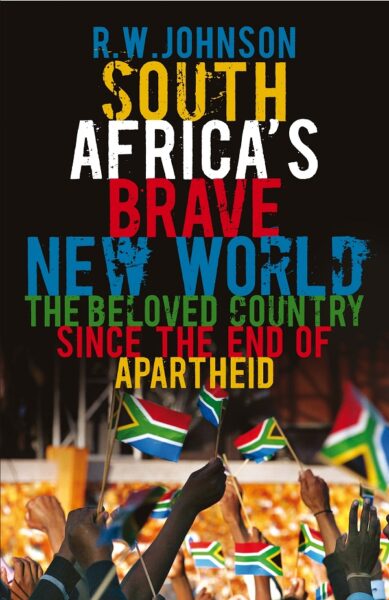The Trudeau government has been expending a lot of time, effort, and political capital trying to avoid an open scandal. So much, so typical. What isn’t typical for the federal Liberals is just how badly they’re going about doing everything all of a sudden:
None of this ought to have been a shock, and none of it needed to put the Prime Minister’s Office in its current state of calcified pickle. After all, rumours and off-the-record chats about this stuff have been going around for literally years.
No, how this crew has chosen to handle these stories at every single step has made the scandal worse for themselves. Every. Single. Step. All of the damage has been self-inflicted.
This government is the epitome of an organization that is tactically smart and strategically dumb. Not only has their damage control mirrored the response of the SNC scandal (that ended so well for them), but every misstep has had the result of slowly backing the prime minister into rhetorical traps he has set for himself. This is a government that knows how to win the daily news cycle by losing the game. One that can’t distinguish between legitimate criticism and bad-faith partisan attack — probably because it is so insular and bunker-bound that it sees the world before it divided between loyalists and blood enemies. It’s symptomatic of leadership that is in its final stages of terminal fatigue, and doesn’t yet realize it. These guys cannot help but win themselves to death.
[…]
Imagine, as more stories hit the wire, the government had skipped all of those unnecessary weeks of obfuscation and deflection and simply appointed a special rapporteur to examine the need for a public inquiry. In this counterfactual, let’s also assume that the person he picked isn’t a long-time personal friend. What if Trudeau took allegations of interference seriously at the outset, and his party avoided stunts like skipping committee meetings and filibustering to prevent the testimony of his chief of staff, Katie Telford?
Where would they be today if they hadn’t squandered every iota of credibility and goodwill with the press, the NDP, and his own intelligence services? To put it more directly, what if they hadn’t spent the past few weeks acting as if they had something to hide?
Would they be better off? Maybe?
As an aside, I notice that many of the Liberal proxies are out in force on social media attacking the media and CSIS in an effort to defend the sitting government. I have to ask: how’s that working for y’all? Are you getting the sense that Global News and Sam Cooper and the Globe and Mail have been successfully cowed? Have their CSIS sources stopped leaking? Has Jagmeet Singh been brought to heel?
I’m going to put something out for consideration: Perhaps the denials, obfuscations and attacks are only making the scandal worse. They’re convincing journalists that there’s a real story here while prompting an already pissy collection of national security sources to leak harder.






